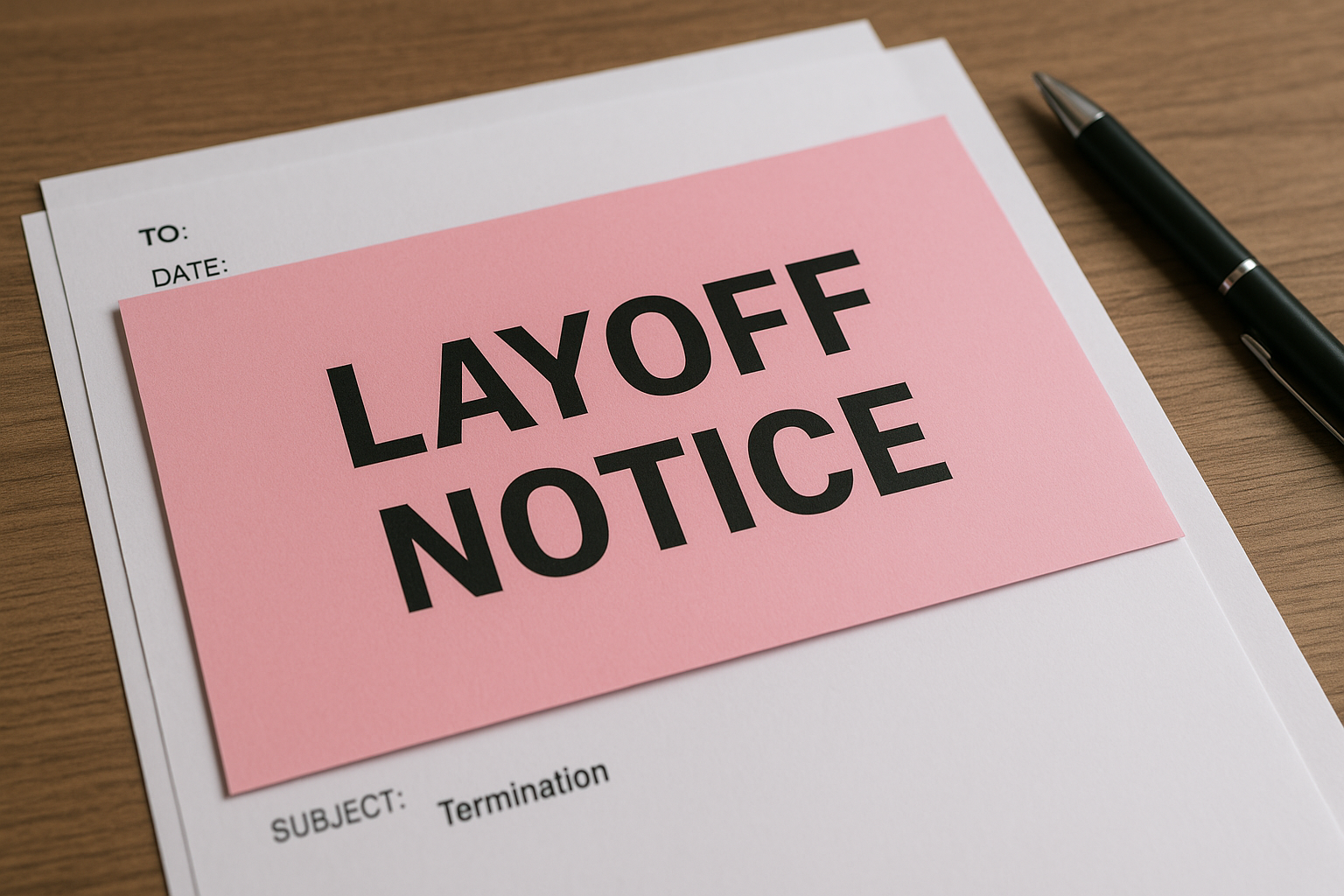When the Pink Slips Come from a Server: Job Loss in the Age of AI
Written by Arbitrage • 2025-11-13 00:00:00

Over the past few decades, headlines about layoffs in major corporations have often pointed to outsourcing as the primary culprit. Companies shifted manufacturing, customer service, IT support, and other functions overseas to reduce labor costs. While outsourcing is still a factor in corporate restructuring today, a newer and in many ways more disruptive force is reshaping the workforce: artificial intelligence.
We are no longer just talking about jobs being moved to different countries. We are talking about jobs disappearing altogether.
Outsourcing: Yesterday's Catalyst for Job Loss
The logic behind outsourcing was straightforward: it was cheaper to hire labor abroad. Major corporations, from automotive giants to retail chains, reorganized entire departments to rely on global labor markets. Workers in developed economies felt the brunt of these changes through factory closures, reduced hours, and stagnant wages.
However, outsourcing had limits. It required human labor somewhere, even if that labor was cheaper. AI is different because it removes the need for human labor entirely in certain tasks.
The AI Shift: Efficiency Without Employees
Artificial intelligence is not simply another tool. It functions as a workforce. AI systems now write code, analyze data, generate marketing content, diagnose medical conditions, and even compose music. Automated checkout systems have replaced clerks. Chatbots handle customer inquiries. Self-driving vehicle tests threaten transportation jobs. According to a 2023 Goldman Sachs report, as many as 300 million jobs worldwide could be automated by AI. Another study from McKinsey estimated that up to 14% of workers globally may need to change occupations by 2030 due to automation.
From a corporate perspective, AI offers continuous availability, no need for benefits, minimal retraining after deployment, and learning capability that accelerates over time. The result is increased efficiency - but also job displacement on a significant scale.
Different Industries, Same Pattern
Multiple sectors are already undergoing rapid change.
- In banking and finance, AI-driven systems now perform tasks previously handled by analysts, and roughly 40% of jobs in the sector are considered to be at risk.
- In healthcare, diagnostic algorithms and robotic tools are redefining the roles of nurses, medical scribes, and technicians.
- In manufacturing, automation has existed for years, but AI now optimizes entire workflows, reducing the need for human oversight.
- In creative fields, surveys show that about 60% of marketing departments already use AI-generated content in some capacity.
No profession - whether creative, technical, or manual - is fully insulated from the effects of AI adoption.
The Human Cost Behind Efficiency
When companies replace human workers with AI systems, the change may appear beneficial to shareholders. However, for the workers affected, it can mean the sudden loss of income, the loss of identity tied to their profession, and difficulty navigating a job market that no longer resembles the one they trained for. Although retraining programs exist, transitioning an assembly line worker into a software engineer, data technician, or AI trainer is not always realistic.
Where Do We Go From Here?
The rise of AI is not inherently negative. It can reduce workplace injuries, eliminate repetitive tasks, and increase global productivity. However, the shift requires thoughtful planning, or else society risks widening economic and social divides. Helpful strategies may include stronger social safety nets such as universal basic income, tax incentives for companies that retrain rather than replace workers, greater investment in education that emphasizes adaptability, and cultural acceptance that a person's identity does not need to revolve around their job.
Conclusion Outsourcing changed where work was done, but AI changes whether the work is done at all. The challenge for society is not to stop technological progress but to ensure that the benefits of that progress are shared fairly. If we recognize the scale of this shift now, we have the opportunity to reshape our economies and values in ways that keep people, rather than machines, at the core of our future.